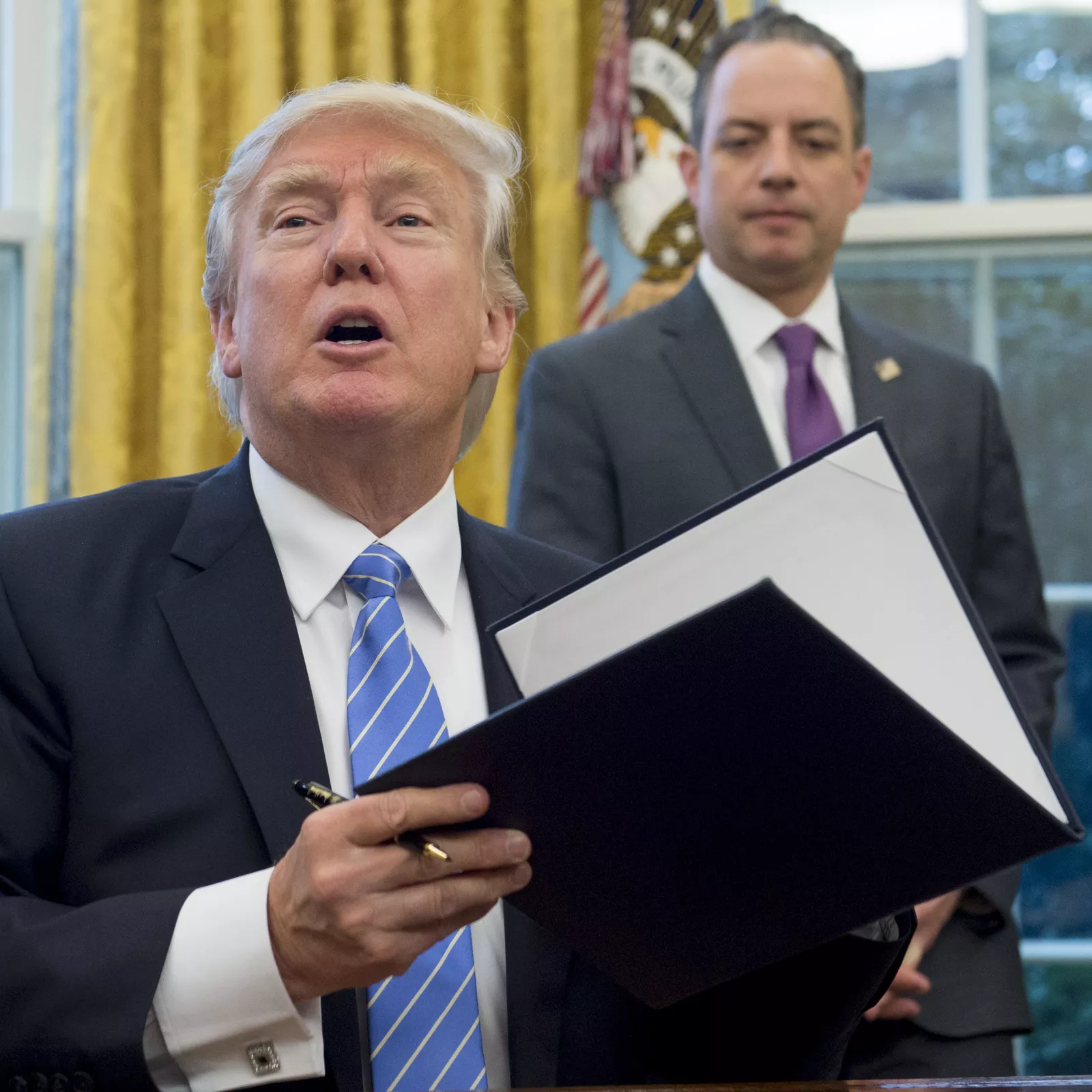Washington, D.C., August 11, 2025 — In a swift reversal of a policy scare that roiled precious metals markets, President Donald Trump announced that gold imports will not be subject to U.S. tariffs. The move ends several days of speculation and panic following a surprise Customs and Border Protection (CBP) ruling that suggested imported bullion could face duties as high as 39%.
The Trigger: A Bureaucratic Shockwave
The turmoil began late last week when CBP issued a classification letter to a Swiss refiner, indicating that common forms of gold bullion — 1-kilogram and 100-troy-ounce bars — would fall under the administration’s new “reciprocal” tariff structure.
Given that Switzerland is one of the world’s largest refining hubs and a major supplier to U.S. markets, the notice sparked immediate fears that trade in bullion could be disrupted, potentially leading to shortages and price spikes in the United States.
Within hours, major banks, refiners, and institutional investors scrambled to reassess hedging strategies. The possibility of tariffs on gold — traditionally viewed as a safe-haven asset immune to trade frictions — was seen as unprecedented and potentially destabilizing for global financial flows.
Market Whiplash: From Panic to Pullback
The initial reaction was dramatic. U.S. gold futures surged toward $3,500 per ounce, setting intraday records, while spot gold jumped more than 3% as traders anticipated potential supply bottlenecks.
But the president’s abrupt announcement — a short social media post reading simply, “Gold will not be tariffed” — reversed the momentum. Within minutes, futures dropped 2.4% and spot prices slid 1.2%, marking the sharpest daily correction in three months. Trading volumes remained elevated as funds unwound panic-driven long positions.
For the global bullion market, the statement brought a much-needed sense of relief. Without the exemption, refiners in Switzerland, Italy, and the UAE — all key suppliers — would have faced significant barriers to selling into the U.S.
Why the Exemption Matters
- Strategic Commodity: While gold is not consumed like industrial metals, it plays a vital role in the U.S. financial system as a reserve asset, investment vehicle, and jewelry input.
- Trade Infrastructure: Switzerland alone accounts for roughly 30% of U.S. bullion imports annually. Tariffs could have rerouted trade flows toward Asia, undermining U.S. liquidity in physical markets.
- Investor Confidence: Gold often acts as a hedge against political and economic risk. A tariff would have blurred that role, introducing geopolitical friction into what is normally a politically neutral commodity.
A Political Balancing Act
The decision to exclude gold is also politically calculated. While the Trump administration has aggressively expanded tariffs — including recent 100% duties on certain semiconductor imports — applying similar measures to gold risked alienating Wall Street, institutional investors, and even conservative-leaning gold advocates who view bullion as a store of value against government overreach.
By stepping in quickly, the White House avoided a prolonged market crisis and reinforced its narrative that tariffs are a strategic tool, not a blunt instrument.
What Comes Next
- Formal Policy Clarification
The administration has promised an executive order or formal CBP guidance to cement the exemption and remove ambiguity. Until that’s issued, some traders remain wary of a policy whiplash. - Spotlight on Other Metals
While gold is spared, other precious and strategic metals — such as silver, platinum, palladium, and critical minerals like lithium and cobalt — could still face tariffs under broader trade rules. The market will be watching for signals. - Global Trade Repercussions
The episode underscores the fragility of trust between the U.S. and key trading partners. Switzerland, which has maintained neutrality in most geopolitical disputes, was caught off guard by the original CBP ruling and is likely to push for greater assurances. - Market Implications
Analysts expect short-term gold volatility to remain elevated as traders digest the shift. Longer term, the exemption reinforces gold’s unique position as a globally traded asset with minimal direct government interference — a status that could attract further investment during broader trade tensions.





